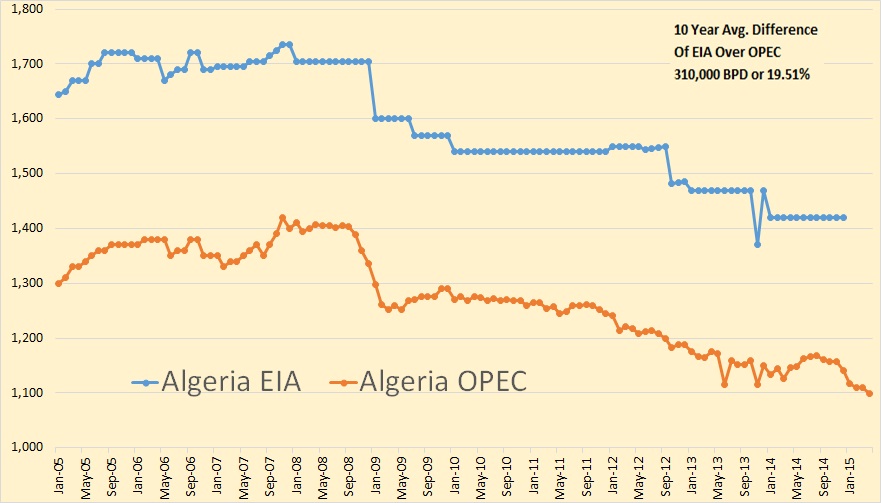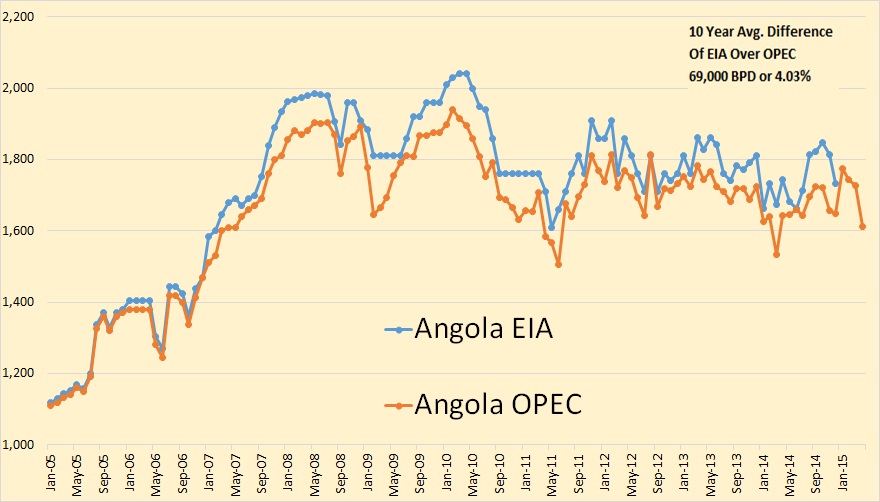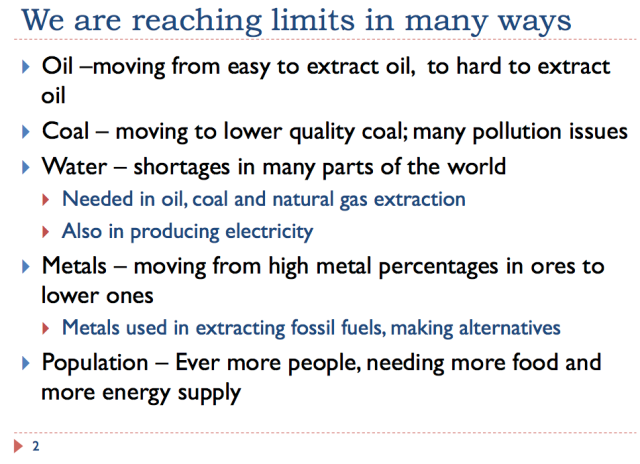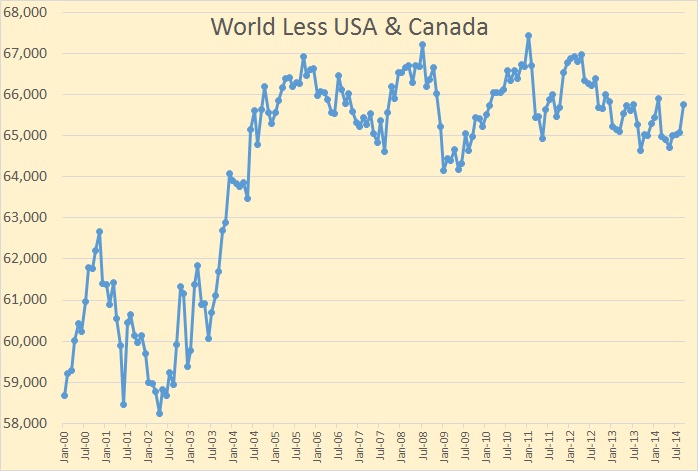Among the manifold quotes that are attributed to Albert Einstein, are variants along the lines of:
“If the bee disappeared off the surface of the globe then man would only have four years of life left. No more bees, no more pollination, no more plants, no more animals, no more man.”
and
“If the bee disappears from the surface of the earth, man would have no more than four years to live.”
Whether it was in fact the author and originator of “Relativity” (both special and general) and the “Photoelectric Effect”, the latter of which, from his Annus mirablis, won him the Nobel Prize for Physics in 1921, is disputed, “http://quoteinvestigator.com/2013/08/27/einstein-bees/, nonetheless, Einstein was a man of great awareness, as might be summarised by his more provenly attributable quote, to the effect that: “We cannot solve our problems with the same thinking we used when we created them.”http://www.brainyquote.com/quotes/quotes/a/alberteins121993.html The latter axiom is indeed true.
There is a tendency for humans to perceive ill occurrences as unconnected events, rather as the Biblical plagues of Egypt: water into blood, frogs, lice, wild animals or flies, deceased livestock, boils, storms of fire, locusts, darkness and death of the firstborn. Scientists now believe that these events really happened, but they were in fact all results of a single cause: not the wrath of a punitive God, but climate changehttp://www.telegraph.co.uk/science/science-news/7530678/Biblical-plagues-really-happened-say-scientists.html. Modern humans are aware of contemporary global menaces: a changing climate, peak oil, a dodgy economy that could collapse at any moment, and the extinction of honey bees, but relatively few of us know that the world’s productive soils are also under threat.
…click on the above link to read the rest of the article…











